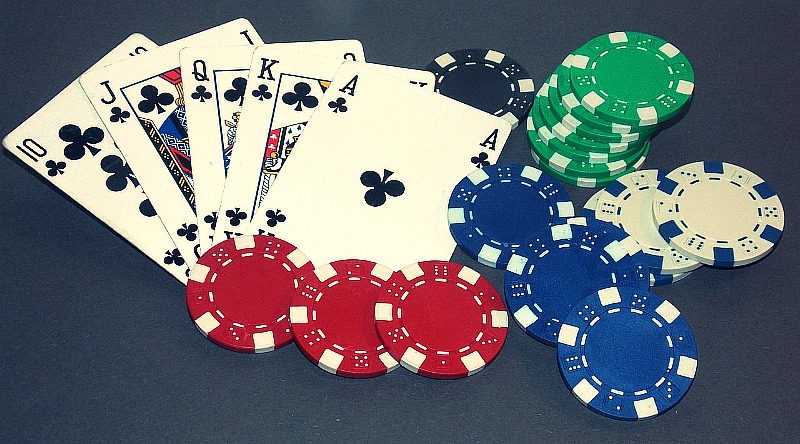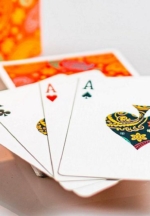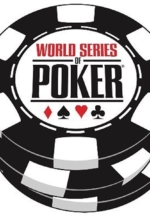Poker is no longer just a card game – it has evolved into a subtle and strategic art form for millions of players. But what does it really take to transition from an amateur to a consistent winner, raking in profits at high-stakes tables? We at Sugar Casino online casino tapped the minds of four professional poker legends to reveal their hard-won secrets to excelling at the felt.
Table of Contents
- Sharpen Your Emotional Control
- Master the Math Behind the Cards
- Study Your Opponents Closely
- Remain Patient & Disciplined
Sharpen Your Emotional Control
“Poker is a game you play with other people using cards.” advises Antonio Esfandiari, WSOP bracelet winner with over $27 million in career earnings. “Keep control of yourself first.”
57%
The percentage of players who make poor decisions due to frustration, impatience, anger, or overconfidence per leading poker strategy coach Elliot Roe.
Emotional maturity is key as you will inevitably hit bad beats, suffer through downswings, and deal with trash talk at times. “I just breathe deeply, and it reminds me to reset and get centered,” says Jen Harman, the top female Poker Hall of Famer with over $2.7 million in winnings.
Master the Math Behind the Cards
Legendary player turned coach Daniel Negreanu breaks it down simply: “You have to understand pot odds, implied odds, equity, and how to quickly calculate outs.”
What does this actually mean, and why does math matter so much in poker?
37-39%
The percentage odds of hitting your draw based on the number of “outs” you have:
- 4 outs: 35%
- 8 outs: 38%
- 12 outs: 46%
Understanding these percentages lets you calculate whether chasing various draws is profitable and long-term or not. It’s the difference between guessing and making +EV-based decisions grounded in cold hard math.
Study Your Opponents Closely
2004 WSOP Main Event champion Greg Raymer famously used his patented “Fossilman” technique at the tables: Observing opponents’ mannerisms and making mental notes of their tendencies. This informed his reads and, ultimately, his smart decision-making during key hands.
Over 86%
Raymer estimates the percentage of slot machine pros employing similar opponent profiling techniques to exploit leaks in others’ play.
“You have to think about what each opponent is representing at all times based on their bets, timing, gestures, and everything you observe,” Raymer emphasizes. “That’s how you determine when someone is weak or strong, honest or deceitful.”
Remain Patient & Disciplined
“If you can’t fold the second-best hand, you can’t play this game.” warns the legendary Doyle Brunson. He underscores that the keys to long-term poker profitability are patience and discipline to stick to the odds and read regardless of your emotions.
300-600
In the big blinds per hour earnings, Brunson targets playing high stakes cash games even with his hall of fame resume. No reckless play is allowed.
Fedor Holz, widely considered the best heads-up NLH poker player of all time, similarly emphasizes discipline in his coaching. “Have a solid game plan and risk management strategy before you ever sit down at a table.” He advises not to neglect bankroll management, game selection, and technical study away from the tables along with mental work like meditation to sharpen focus.
The Takeaway
Mastering poker is a nuanced, intellectual, and emotional journey requiring much more than just knowing hand rankings and probabilities. Implementing the tips shared here from the legends takes rigorous self-examination, strategic adjustment, and tireless development of your mental game away from the tables.
But dedicating yourself to continuous improvement of all aspects of your poker skill set ultimately leads to profitability – both financially and perhaps more importantly – unlocking the personal growth only overcoming such an immense strategic challenge can provide.
So study up, prepare mentally, manage your emotions, observe opponents, do the math, and get strategic.




















